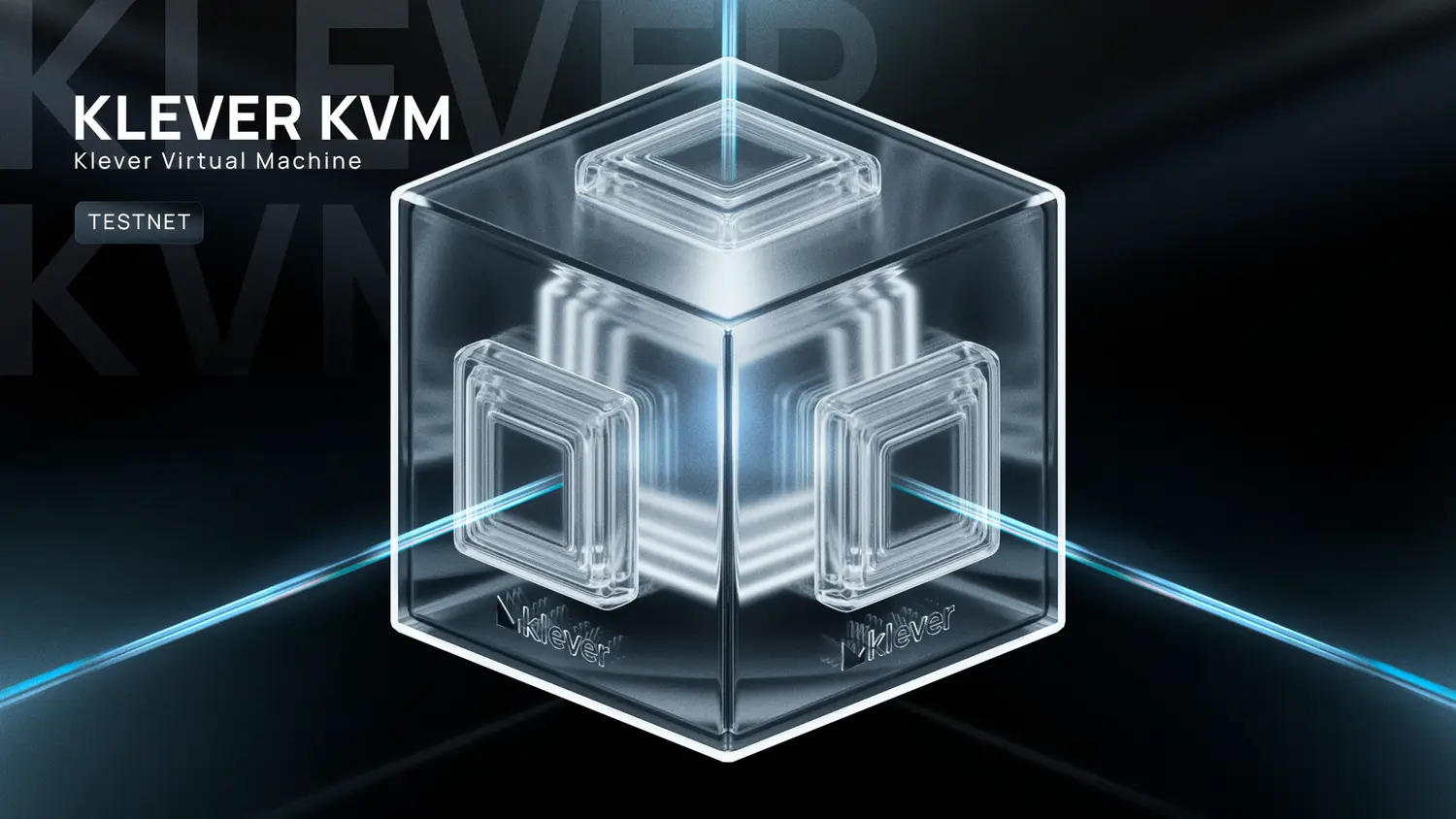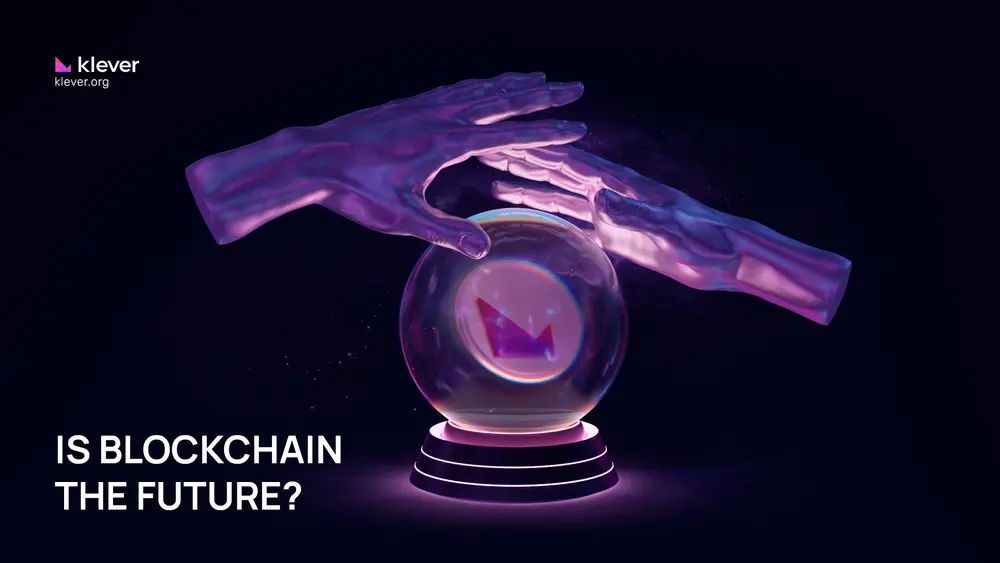
Is blockchain the future? This question has ignited debates, fueled curiosity, and inspired visions of a world where data is decentralized, secure, and transparent. Moreover, beyond cryptos, blockchain technology is emerging as a transformative force with real use cases that could redefine industries.
In this exploration, we’ll journey through the blockchain evolution, uncovering why blockchain is the future, and delving into its potential applications, predictions, and also, what the future of distributed ledger technology may hold. Therefore, the future of blockchain beckons, and it’s time to discover its transformative potential.
Firstly, let’s get you through the basics of the internet.
Internet Evolution
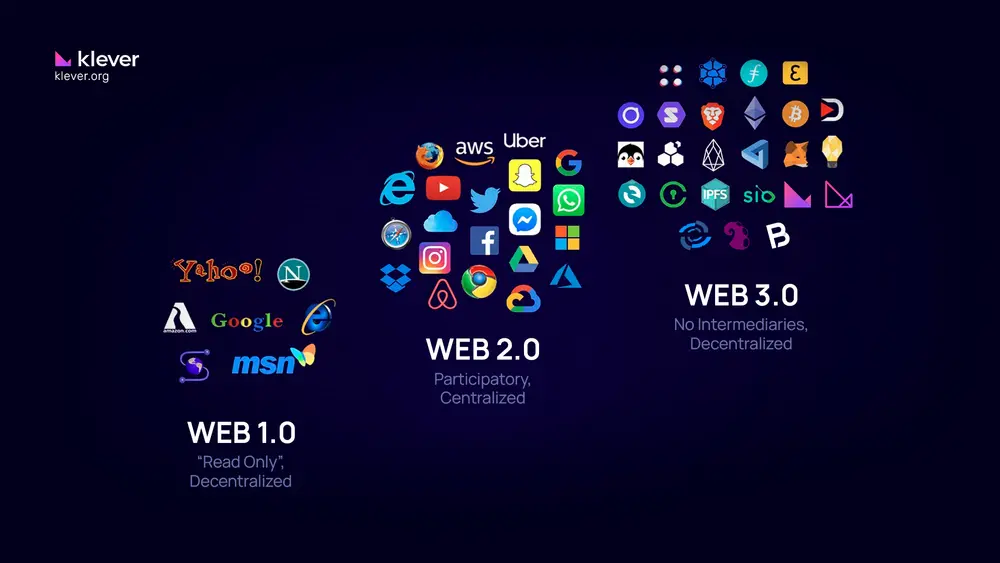
Web 1.0: The Static Internet
Web 1.0 represents the dawn of the internet, characterized by static web pages and one-way information flow. During this era, Internet Explorer was a dominant browser, and Ethernet connections were the primary means of networking. Cable signals facilitated data transmission, but interaction and personalization were limited, setting the stage for future innovations.
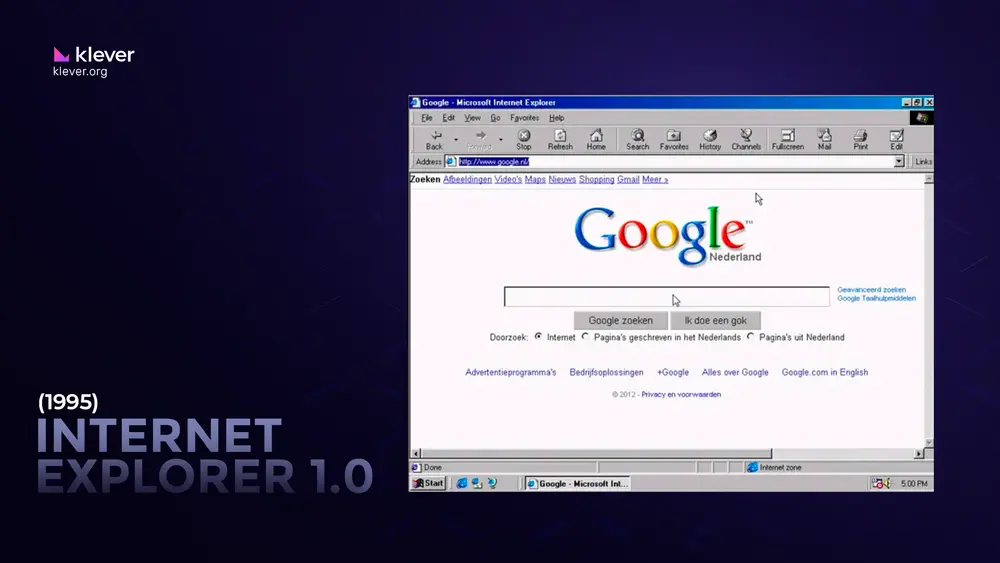
Web 2.0: The Era of Web Applications
Web 2.0 marked a dynamic shift, introducing interactive web applications and social media platforms. So, users could create and share content, and Wi-Fi technology expanded internet accessibility. Additionally, machine learning began to enhance description, and the transition from Ethernet to wireless connections allowed for more flexible and connected online experiences.
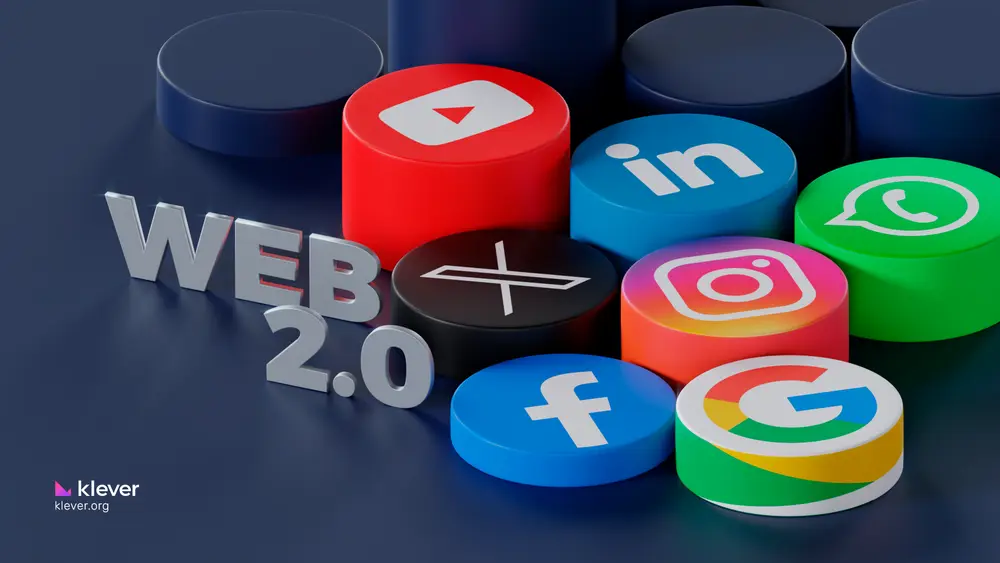
Web 3.0: The Semantic Web
Web 3.0, often linked with the future of blockchain, promises a decentralized and authoritative data structure. So, blockchain technology and NFTs (Non-Fungible Tokens) play vital roles enabling transparent control. The integration of Wi-Fi and advanced security measures further facilitates internet experiences, reflecting the growing complexity and potential of online interactions.
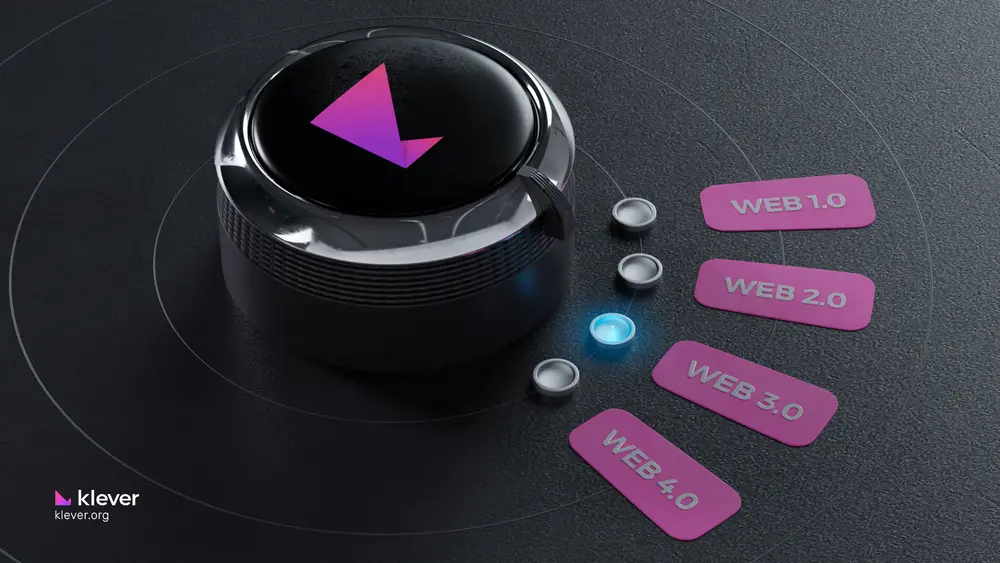
Web 4.0: The Emerging Horizon
Web 4.0 envisions an intelligent and adaptive internet, where IoT (Internet of Things) enables machines to communicate. Additionally, blockchain may ensure trust and security in this accessible ecosystem, and the meeting of Wi-Fi, cable signals, and machine learning technologies shapes a future where the internet is more responsive, personalized, and secure. The full potential of Web 4.0 awaits exploration.
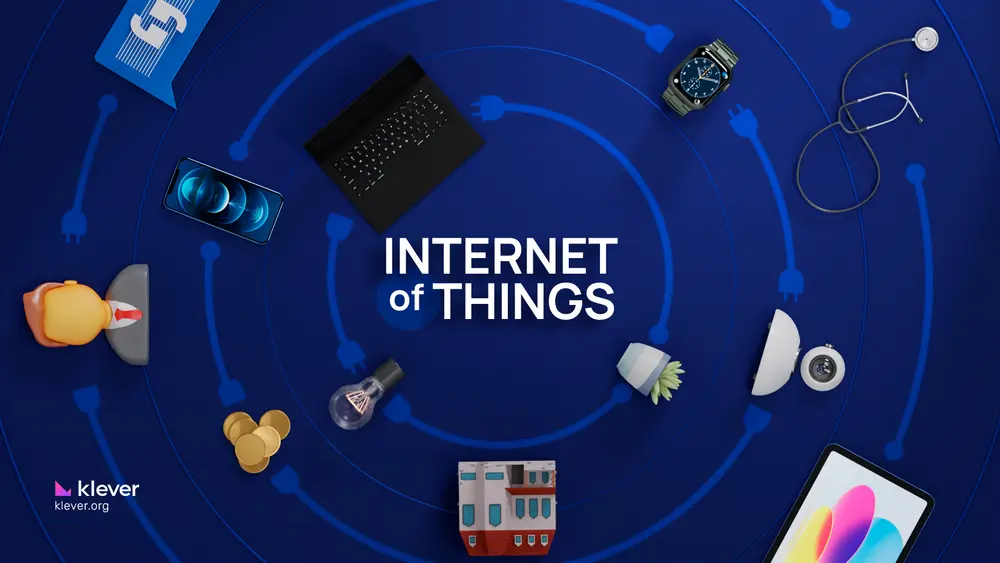
Blockchain Basics
Understanding the Technology and Security
Blockchain technology is a fundamental shift in how we handle data, establishing itself as a core component of modern digital infrastructure. Specifically, at its essence, distributed ledger technology is a decentralized ledger, a chain of blocks containing transparent and immutable information.
The unique cryptography and security measures within blockchain ensure that once data is recorded, it cannot be altered. Therefore, this foundational technology opens doors to vast and growing real use cases, from financial transactions to identity verification.
Applications of Blockchain: Beyond Cryptocurrencies
The transformative power of blockchain extends far beyond cryptocurrencies. Moreover, its decentralized and transparent nature has given rise to a multitude of applications that are reshaping many industries. So, let’s take a look into the blockchain use cases.
Cross-Border Payments
Traditional international money transfers can be slow and costly. However, blockchain enables faster, more secure cross border payments, reducing fees and enhancing efficiency.
Smart Contracts
These self-executing contracts with codes directly written onto the distributed ledger technology automate and enforce agreements without intermediaries. Consequently, smart contracts are revolutionizing legal and business processes.
Blockchain Identity Management
Blockchain provides a secure and unforgeable way to manage digital identities, known as blockchain identity. Consequently, this approach has significant implications for privacy and fraud prevention in online transactions, offering a new standard for identity verification.
Supply Chain Efficiency
Blockchain improves supply chain visibility and traceability by providing a transparent and unchangeable ledger. So, this increased accountability and reduced fraud.
Healthcare
Blockchain in healthcare can secure patient records, streamline billing, and enhance collaboration among providers. Moreover, its potential applications in this field are vast and promising.
The real use cases of blockchain are diverse and continually evolving. From finance to healthcare, the future of distributed ledger technology is shaping a new era of transparency, security, and efficiency. The question is no longer “Is blockchain the future?” but “How will blockchain continue redefining our world?”
Blockchain and the Future of the Internet: A New Digital Frontier
As we look to the future of the internet, blockchain emerges as a key player in shaping a new digital frontier. Specifically, its principles of decentralization, transparency, and immutability are aligning with the evolving trends of the internet, offering a glimpse into what the future may hold.
Distributed Ownership and Control
Blockchain’s decentralized nature allows for distributed ownership and control, reducing the power of central authorities. Consequently, this democratization of data can lead to a more equitable and user-centric internet.
Immutable and Authentic Data
The unchangeable nature of blockchain ensures that data remains authentic and intact. This immutability enhances trust and security, paving the way for transparent and reliable online interactions.
The Role of Blockchain in Web 3.0 and Web 4.0
Blockchain is poised to play a vital role in the development of Web 3.0 and Web 4.0, leaving a more intelligent and adaptive internet. Moreover, from IoT to machine learning, blockchain’s integration with emerging technologies promises a secure digital experience.
Blockchain Identity and Security
The future of blockchain identity management offers a new standard for online security, ensuring that personal information is protected and controlled by the individual.
Similarly, the future of blockchain is intertwined with the evolution of the internet, promising a radical impact on how we interact, negociate, and connect online. The possibilities are vast, and the exploration is just beginning.
What Blockchain Means: Embracing Klever Blockchain
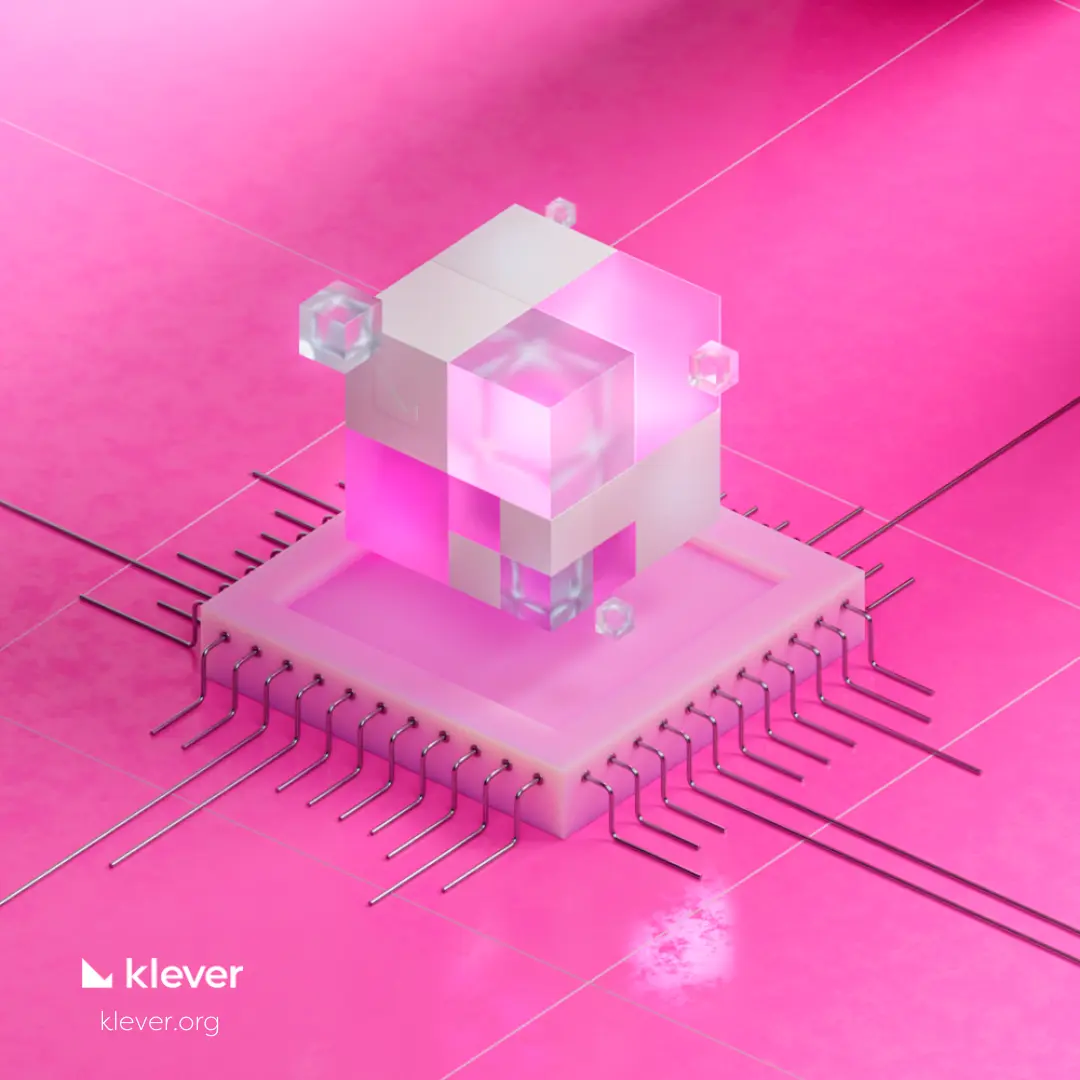
In the dynamic world of blockchain technology, Klever Blockchain stands out as a low code integrated distributed ledger technology platform, consequently, it empowers businesses and individuals to unlock the full potential of the decentralized economy.
Low-Code Development
Klever’s revolutionary approach make easier building and deploying decentralized apps. As a result, this makes access to decentralized finance and opportunities easy and user friendly.
Create NFTs and Tokens
Regardless of technical expertise, anyone can create and deploy NFTs and digital assets on Klever Blockchain. A powerful NFT royalties’ system lets creators earn on sales and resales.
Advanced Security
With multi signatures and advanced security measures, Klever ensures protection against hacking and not authorized access.
Speed and Efficiency
Quickly execute transactions with Klever’s low-code development framework, suitable for any business size.
Use Cases
Whether you dream of creating decentralized marketplaces, making better supply chain management, transforming healthcare data, or streamlining financial transactions, Klever blockchain has the resources to turn your vision into reality. From real estate to the gaming industry, the possibilities are vast.
Amazing User Experience (UX)
Klever focuses on UX, ensuring a perfect experience, making blockchain accessible for all users.
Is blockchain the future? From the dawn of the static internet to the emerging horizon of Web 4.0, blockchain´s role in shaping the digital landscape is undeniable. Moreover, its applications extend beyond cryptos, touching various industries, from finance to healthcare.
Klever Blockchain, with its low-code development and advanced security, exemplifies the innovation and potential of blockchain.
The future of blockchain is not just a prediction; it’s a reality that passes before our eyes. Whether it’s creating NFTs, making better supply chains, or securing digital identities, blockchain’s real use cases are vast and growing.
The journey has just begun, and the possibilities are endless.
Embrace the future with distributed ledger technology and join the Klever Blockchain today.
